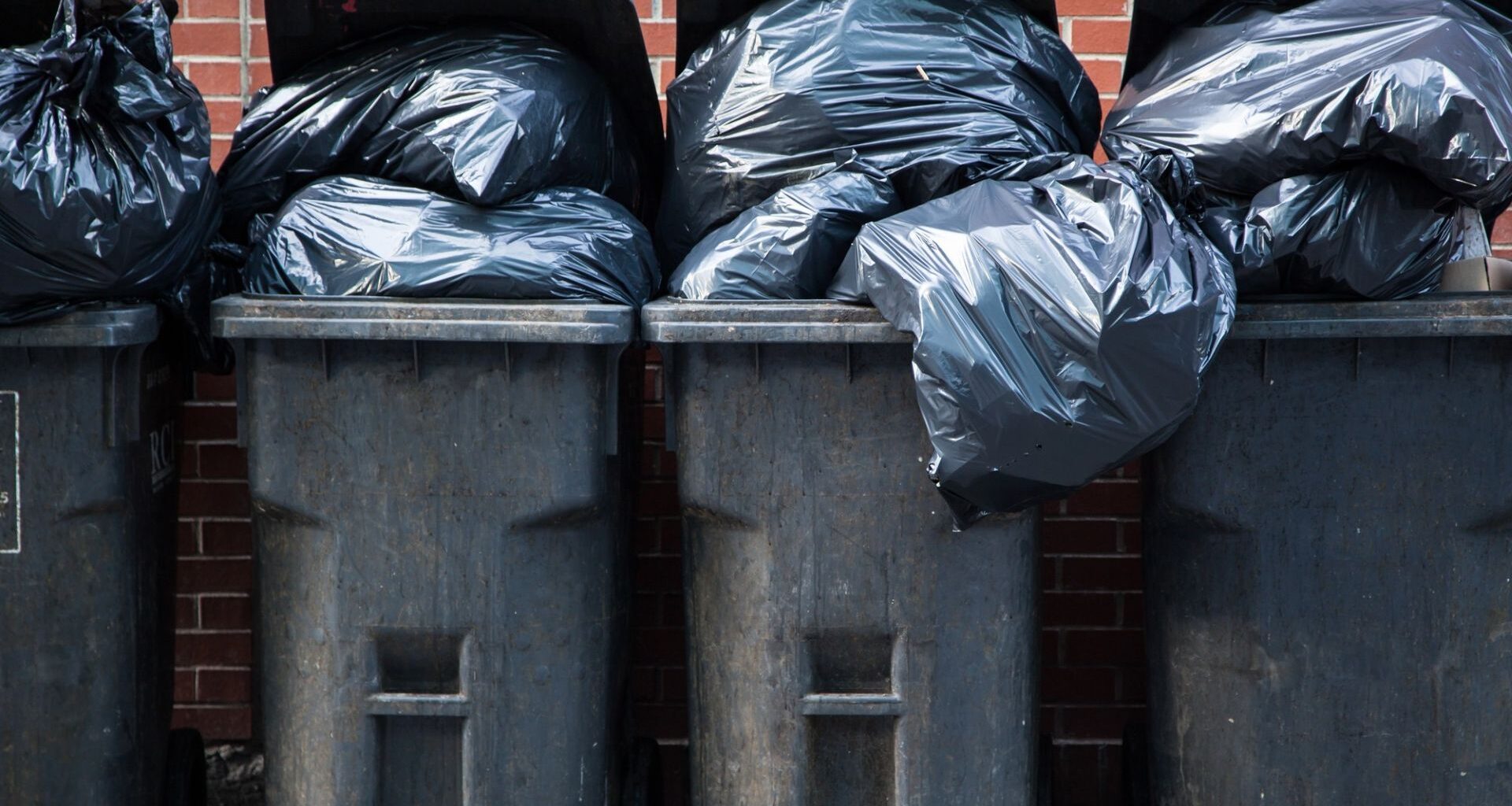For over a decade, Massachusetts has placed increasingly strict limits on the amount of food waste that businesses have been allowed to discard. A new report showed that this program has not only succeeded in its core mission of reducing food waste and hunger, but also that it has created thousands of jobs while stimulating hundreds of millions of dollars in economic activity, according to Waste Today.
“This report confirms what we’ve long known — that banning food waste is not just an environmental win, but also an economic one,” said Rebecca Tepper, Massachusetts’ secretary for energy and environmental affairs, per Waste Today. “By reducing waste, creating jobs, and lowering costs, this policy helps build stronger communities and a more resilient economy.”
Originally put into effect in 2014, Massachusetts’ food waste ban has grown stricter over time. When first enacted, the program banned businesses and other entities from generating more than 1 ton of food waste per week. In 2022, the ban was tightened to place a cap of 0.5 tons per week, per Waste Today.
The recent report found that the food waste ban had created nearly 1,700 jobs while cumulatively generating more than $390 million in industry activity. The ban has been applied to a range of food-producing and food-selling organizations, including restaurants, grocery stores, nursing homes, and colleges, according to Waste Today.
Food waste costs money and squanders precious resources, such as water, while harming the environment. Meanwhile, as millions of tons of food go to waste, millions of people around the world continue to go hungry.
According to the United Nations, in 2022, the world wasted 1 billion meals worth of food per day, while 783 million people around the globe went hungry. Additionally, as it decomposes, food waste releases methane, a potent planet-warming pollutant.

Mitsubishi Electric’s efficient heating and cooling HVAC solutions can help you stay comfortable no matter the weather or region. You can even regulate temperatures in each room with individually controlled all-electric heat pump systems.
With an energy-efficient, all-climate system from Mitsubishi, you can reduce the amount of energy needed to heat and cool your home, receive up to $2,000 in tax credits, and get peace of mind knowing you’re choosing rigorously tested, high-quality products.
Massachusetts’ food waste ban has sought to change all of that while also generating significant additional economic activity. Based on the report, the program has been a resounding success, potentially serving as a model for other governments.
“Massachusetts is a leader in reducing food waste,” said Maura Healey, the state’s governor, according to Waste Today. “Our state’s businesses and institutions have stepped up to innovate and reduce their waste, and this report shows that the long-term impacts are positive. Finding an alternative to throwing away good food is a boost for our communities, our economy, and the environment.”
Join our free newsletter for good news and useful tips, and don’t miss this cool list of easy ways to help yourself while helping the planet.
